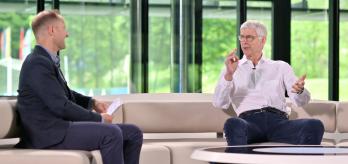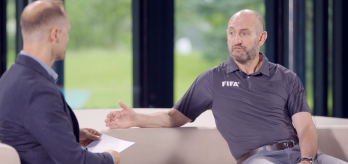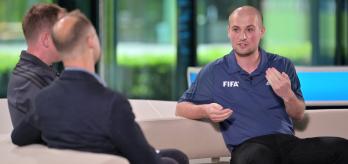The head coach also prepares the team mentally and emotionally – not just for the next match, but for the entire season and in a way that fits the long-term vision of the club.
At the elite level, the head coach is much like the conductor of an orchestra. A head coach must be a good listener for when players and coaches need to be heard as individuals or as a group, as well as a great communicator of their overriding football philosophy so that the team can play well together, with everybody understanding their role within the unit. If the philosophy is communicated poorly, the orchestra will play out of tune and lose their rhythm, and the team will fail to play in harmony.
The relationship between the head coach and their assistant is the key dynamic at any successful club. Without complete trust and understanding between these two figures, the team will not perform well on the pitch, and the spirit between the coaching and playing staff will suffer as a result.
A head coach also needs to be good at delegating their long list of tasks among the backroom team. From the analysts to the goalkeeper coach to the fitness coach and the players, all roles and duties need to be clearly mapped out.
At the grassroots level, where budgets are tight and coaching staff are short in supply, the head coach may perform all of the above roles. In these circumstances, the same skills apply, but the communication between the head coach and players becomes all the more pivotal. A strong relationship and clear implementation of the coaching philosophy will help to foster excellent team spirit, and the team will most likely perform to their highest potential. Poor communication and unclear instructions, however, can make for a divided dressing room and the team will not hit the heights.
As the FIFA Training Centre delves further into the team behind the team, who better to discuss the intricacies of the head coach and assistant roles than Arsène Wenger and Branimir Ujevic.
The modern manager has to be a great communicator, but also a person who is open-minded to all kind of sciences that can help him improve the quality of his decisions













